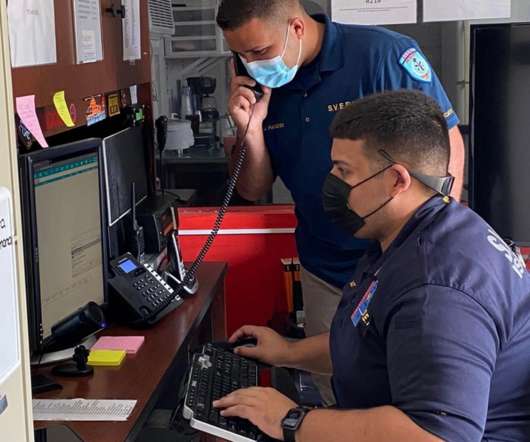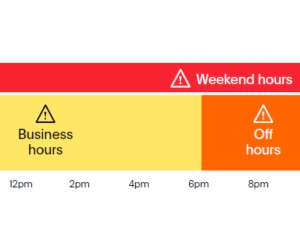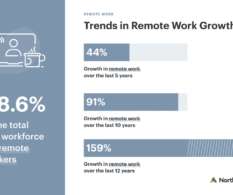Hazardous Conditions: Mitigation Planning and Pandemics
National Center for Disaster Prepardness
MAY 12, 2021
The COVID-19 pandemic has demonstrated the importance of coordinated responses among emergency management and other stakeholders to implement an effective strategy for handling a long and complex disaster. Due to a number of factors , pandemics are more likely to occur in the future. To help achieve this level of preparation, each U.S.

















Let's personalize your content